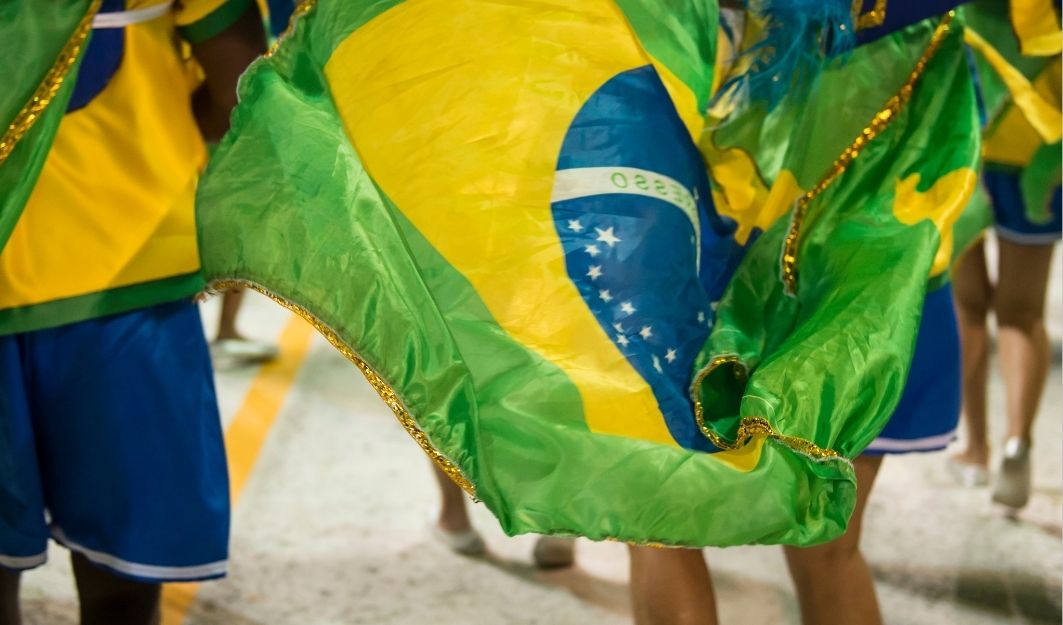These historic events demonstrate how the sport transcends the pitch, highlighting the deep cultural power of football across different nations and generations.
Football’s global impact isn’t just built on goals and glory it’s shaped by pivotal moments that have redefined the sport, influenced societies, and shifted the global narrative. These ten events stand out not only for their drama but for how they transformed football into the powerful cultural force it is today.
1. The 1950 Maracanazo: Uruguay Stuns Brazil
In front of 200,000 fans at the Maracanã, underdog Uruguay defeated Brazil in the final match of the 1950 World Cup. The upset shattered Brazilian national pride and led to profound social and cultural introspection shaping how the country approached football for generations.
2. The Miracle of Bern (1954)
West Germany’s shocking comeback against Hungary in the 1954 World Cup final symbolized post-war recovery and national identity rebuilding. It wasn’t just a win, it was a psychological turning point for a nation emerging from devastation.

3. Pelé Bursts Onto the Scene (1958)
At just 17, Pelé announced himself on the world stage with dazzling performances in Sweden. His artistry, joy, and global appeal marked the start of football’s era of stardom and commercial growth making the game beautiful and marketable.
4. The 1966 World Cup and England’s Triumph
England’s lone World Cup victory on home soil remains iconic—not just for the win but for Geoff Hurst’s controversial “ghost goal.” It ushered in decades of debate and helped solidify England’s identity as a footballing nation despite long droughts of success.
5. The Hand of God and the Goal of the Century (1986)
In a single match against England, Diego Maradona delivered two moments that defined genius and controversy. His “Hand of God” goal and solo run from midfield reflected both football’s dark edge and transcendent brilliance—earning him legend status.
6. The Bosman Ruling (1995)
The European Court of Justice’s Bosman ruling revolutionized club football by allowing players to move freely at the end of their contracts. It reshaped player rights, wage structures, and transfer markets, laying the groundwork for today’s globalized club economy.
7. France Wins the 1998 World Cup with a Multicultural Team
France’s diverse squad led by Zidane, Thuram, and Desailly was a symbol of multicultural success. Their win sparked global conversations about race, immigration, and national unity, making football a platform for deeper social reflection.
8. The Rise of the UEFA Champions League Era
The rebranding and commercialization of the European Cup into the UEFA Champions League in 1992 redefined club football. Broadcast deals, global audiences, and superstar rivalries transformed it into one of the world’s most lucrative and influential competitions.
9. The 2010 World Cup in South Africa
Africa hosted the World Cup for the first time breaking historic barriers and showcasing the continent’s passion and potential. From Shakira’s anthem to the sound of vuvuzelas, the tournament was a cultural milestone for global inclusivity.

10. The Women’s Game Goes Mainstream (2019)
The 2019 FIFA Women’s World Cup shattered viewership records and amplified calls for gender equality in football. Megan Rapinoe and others became symbols of activism, proving that the women’s game is not only elite but essential to the sport’s future.
Conclusion: Moments Make Movements
Football’s legacy isn’t built solely on trophies, it’s forged in moments that spark change, challenge norms, and unite billions. These ten turning points didn’t just change matches—they changed minds, institutions, and societies.
As the game evolves, new moments will undoubtedly shape its future. But these events remain foundational in understanding how football became the most powerful sport on Earth.




